Description
“Wage Goods Approach to Development” is a thought-provoking book written by G.S. Monga and M.M. Goel that offers a unique perspective on economic development. The authors propose a novel approach to development that focuses on the importance of wage goods in improving the standard of living and reducing poverty. By analyzing various aspects of wage goods and their implications for development, Monga and Goel challenge traditional development paradigms and provide a fresh lens through which to view economic growth and social progress. In this comprehensive book review, we will delve into the key themes, analysis, and evaluation of the book, as well as explore the writing style, characterization, and the author’s background. Additionally, we will examine what readers and experts have to say about this influential work.
In “Wage Goods Approach to Development,” Monga and Goel present a compelling argument for reorienting development policies towards wage goods. They emphasize the importance of wage goods, which include essential commodities like food, clothing, housing, and education, in improving the quality of life and reducing poverty. The authors argue that the focus on income generation alone, as advocated by conventional development theories, fails to address the fundamental needs of individuals and communities.
The book provides an in-depth analysis of the wage goods approach and its potential impact on development outcomes. Monga and Goel discuss the key drivers of wage goods production, including agricultural productivity, industrialization, and skill development. They explore how investing in these areas can lead to a more equitable distribution of resources and a higher standard of living for the population at large.
Moreover, the authors shed light on the role of government policies and institutions in promoting wage goods production. They emphasize the need for proactive measures such as infrastructure development, access to credit, and social welfare programs to support the production and consumption of wage goods. Through case studies and empirical evidence, Monga and Goel demonstrate how countries that have prioritized wage goods development have achieved significant improvements in poverty reduction and human development.
Monga and Goel’s wage goods approach offers a fresh perspective on development that challenges the dominant growth-centric models. The authors’ analysis is well-researched and supported by a wide range of empirical data, making their arguments compelling and persuasive. They successfully highlight the limitations of traditional development theories and provide a comprehensive framework for policymakers and economists to consider.
One of the book’s strengths lies in its interdisciplinary approach. The authors draw upon concepts from economics, sociology, and political science to construct a holistic understanding of wage goods and their role in development. This interdisciplinary perspective adds depth and richness to the analysis, allowing readers to grasp the complex dynamics between economic growth, social well-being, and environmental sustainability.
Furthermore, Monga and Goel’s exploration of government policies and institutions is commendable. They emphasize the need for proactive state intervention to ensure the production and equitable distribution of wage goods. The book provides practical policy recommendations that can assist governments in formulating strategies to address the specific challenges of their respective countries.
When comparing the wage goods approach with other development theories, such as the income-centric or human development approach, several key distinctions emerge. Unlike income-centric models that focus solely on GDP growth, the wage goods approach emphasizes the importance of non-monetary factors that contribute to human well-being. This perspective recognizes that income alone is insufficient to meet essential needs and improve the overall quality of life.
In comparison to the human development approach, which prioritizes expanding choices and capabilities, the wage goods approach offers a more concrete and actionable framework. It provides a clear focus on the production and consumption of goods necessary for a dignified life, allowing policymakers to target specific sectors and allocate resources more effectively.
At its core, “Wage Goods Approach to Development” explores the intricate relationship between economic development, poverty reduction, and the satisfaction of basic human needs. The book raises critical questions about the adequacy of traditional development paradigms and calls for a more inclusive and comprehensive approach. Themes of equity, sustainability, and social justice permeate the authors’ analysis, underscoring the urgent need for a shift in development priorities.
Monga and Goel argue that prioritizing wage goods production is essential for creating a just and prosperous society. They contend that sustainable development cannot be achieved without addressing the systemic issues that hinder access to essential goods and services. By emphasizing the role of institutions, policies, and investments, the authors advocate for a transformative approach to development that places the well-being of individuals and communities at its core.
“Wage Goods Approach to Development” primarily focuses on presenting a conceptual framework and analysis rather than delving into individual characters. The book does not follow a narrative structure or feature personal anecdotes. However, the authors use case studies and real-world examples to illustrate the impact of the wage goods approach in different countries. These examples serve to reinforce the book’s central arguments and provide a nuanced understanding of the potential benefits of prioritizing wage goods production.
About the Authors:
G.S. Monga and M.M. Goel are esteemed economists with extensive experience in the field of development economics. Monga has held various academic positions and has contributed significantly to the study of poverty, inequality, and social development. Goel, too, is renowned for his research on public economics and fiscal policy. Together, their expertise and scholarly contributions lend credibility and depth to the book’s analysis.
The writing style of “Wage Goods Approach to Development” is scholarly and rigorous, yet accessible to both experts and non-experts alike. Monga and Goel present their arguments clearly and logically, providing readers with a comprehensive understanding of the wage goods approach. The authors employ a blend of theoretical concepts, empirical evidence, and practical examples to support their analysis, making the book engaging and informative.
What People Say About This Book:
“Wage Goods Approach to Development” has garnered significant praise and recognition within academic and policy circles. Experts in the field commend the authors for challenging conventional development paradigms and offering a fresh perspective on addressing poverty and inequality. The book’s interdisciplinary approach and empirical grounding have been lauded for their relevance and applicability to real-world contexts. Readers appreciate the clarity of the author’s arguments and their ability to present complex ideas in a digestible manner.
- Offers a unique perspective on development that prioritizes wage goods
- Provides a comprehensive framework supported by empirical evidence
- Emphasizes the role of government policies and institutions in promoting wage goods production
- Challenges traditional development paradigms and offers practical policy recommendations
- Engaging writing style that is accessible to both experts and non-experts


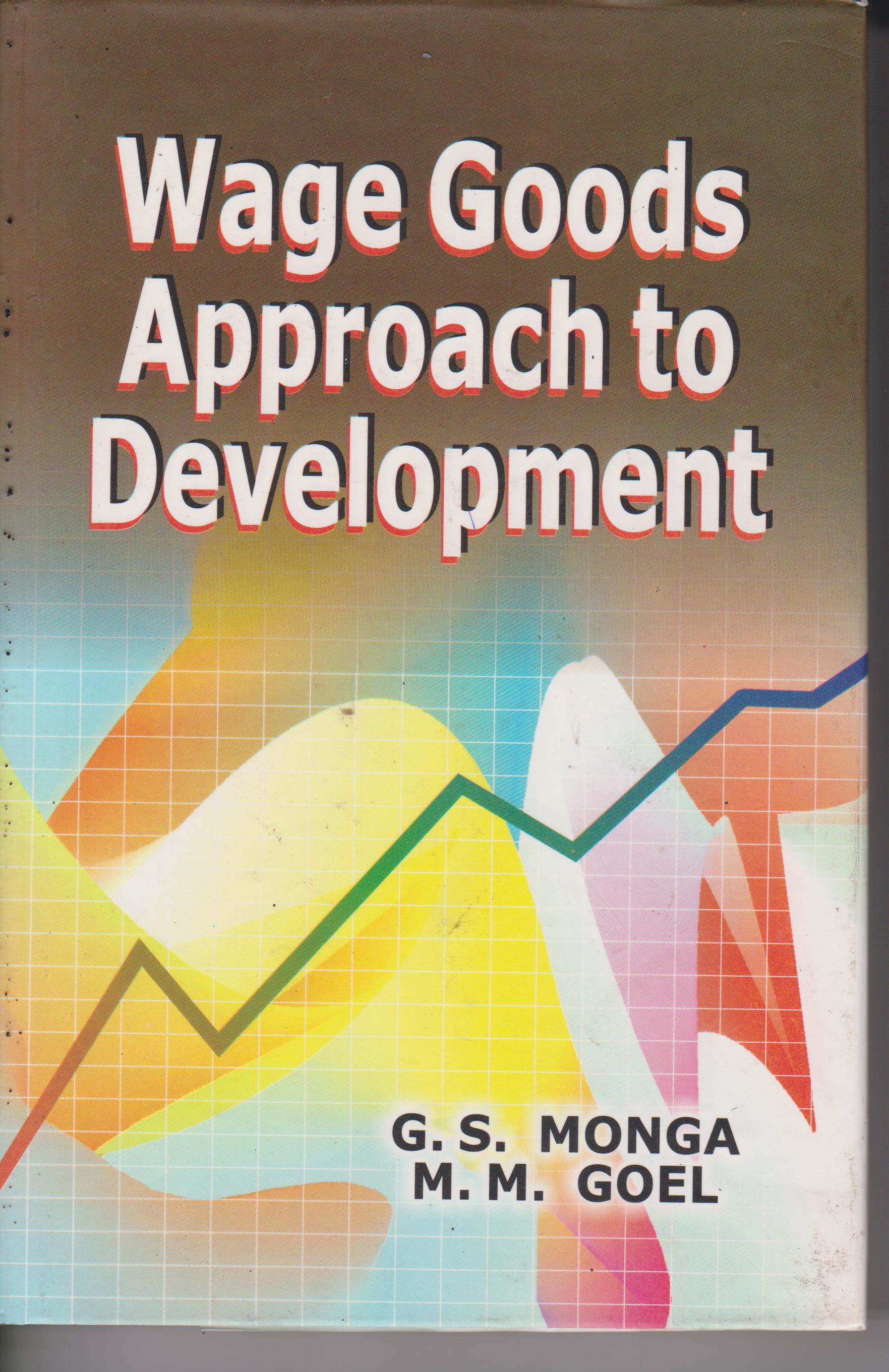
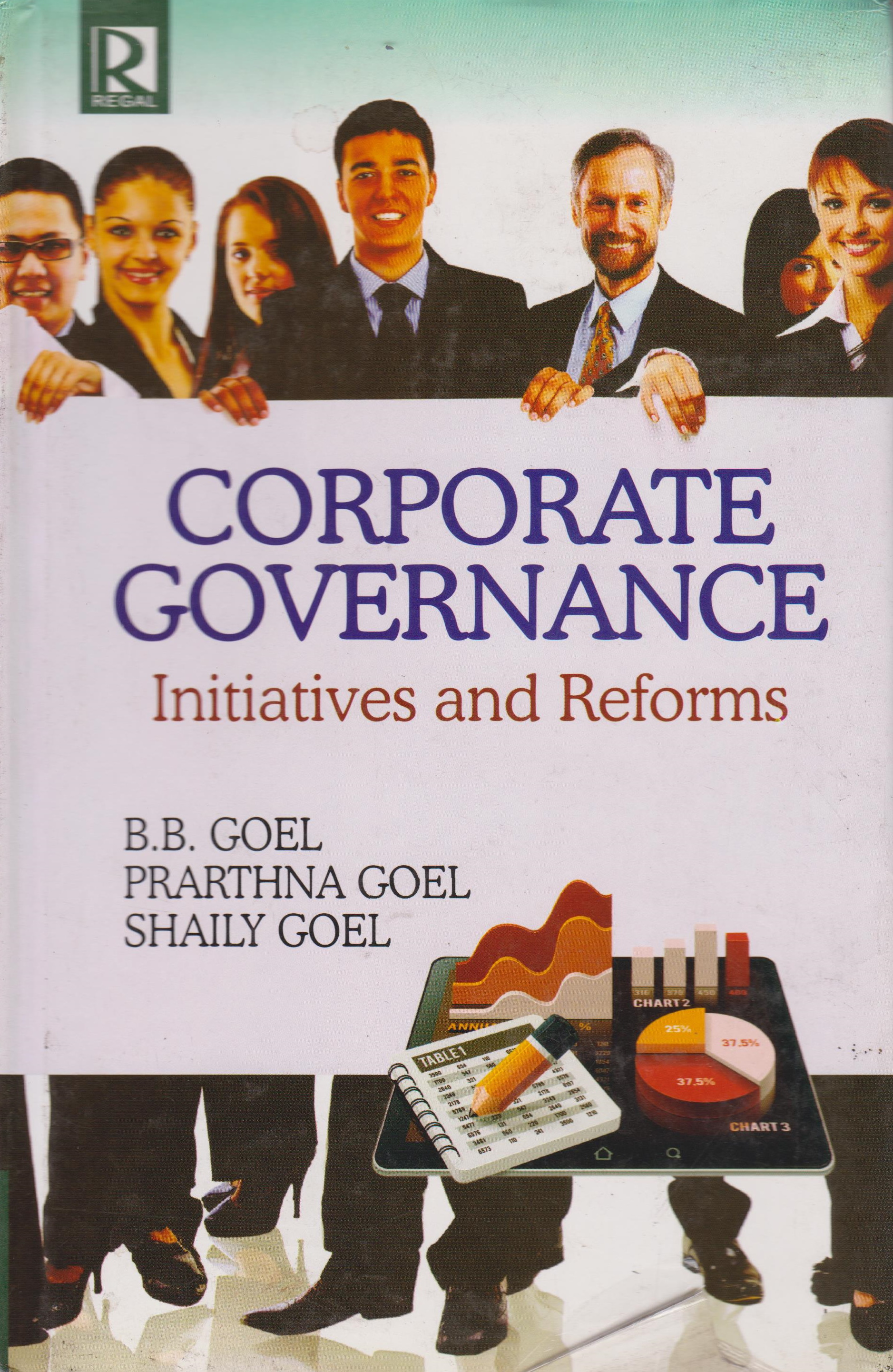
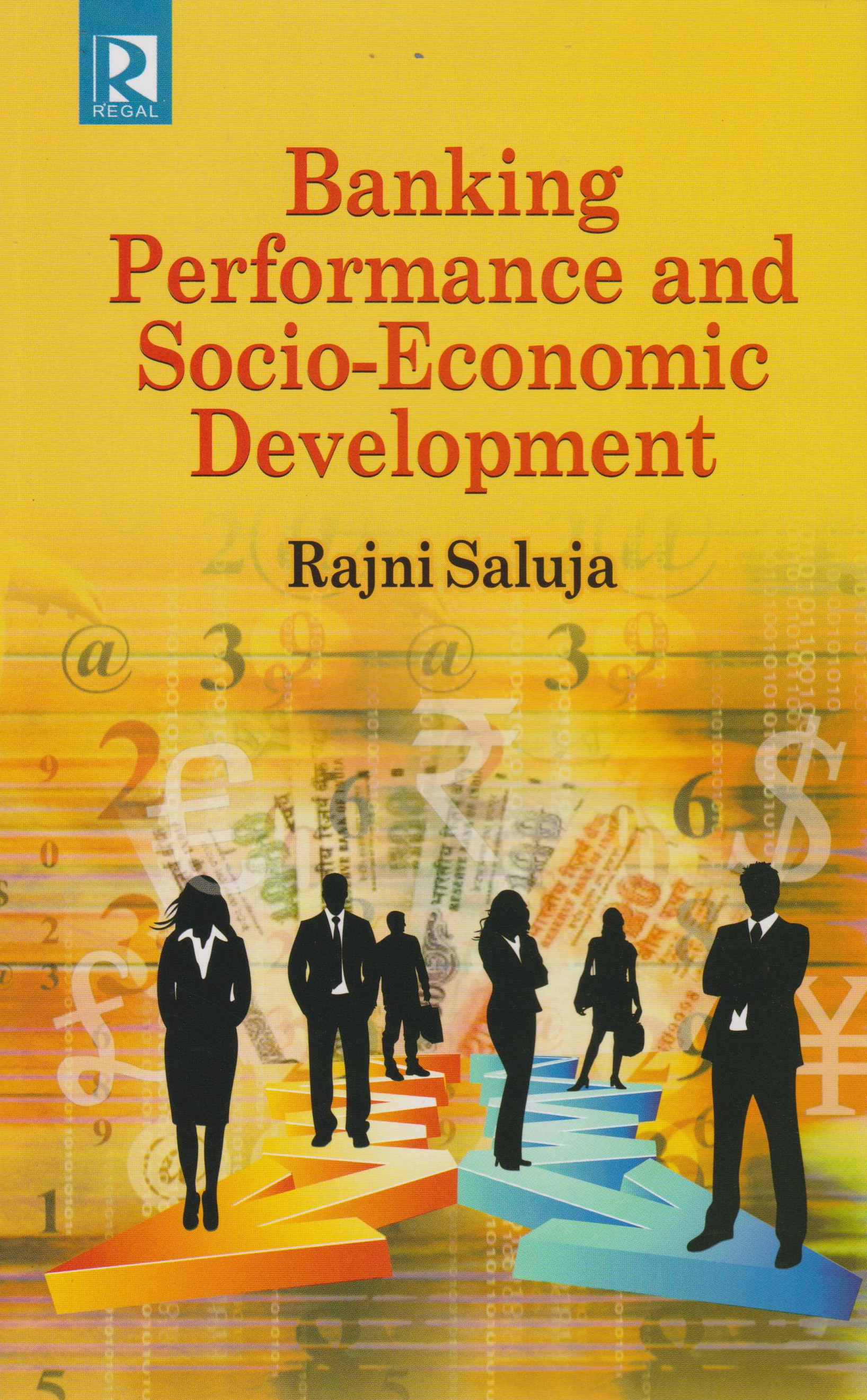

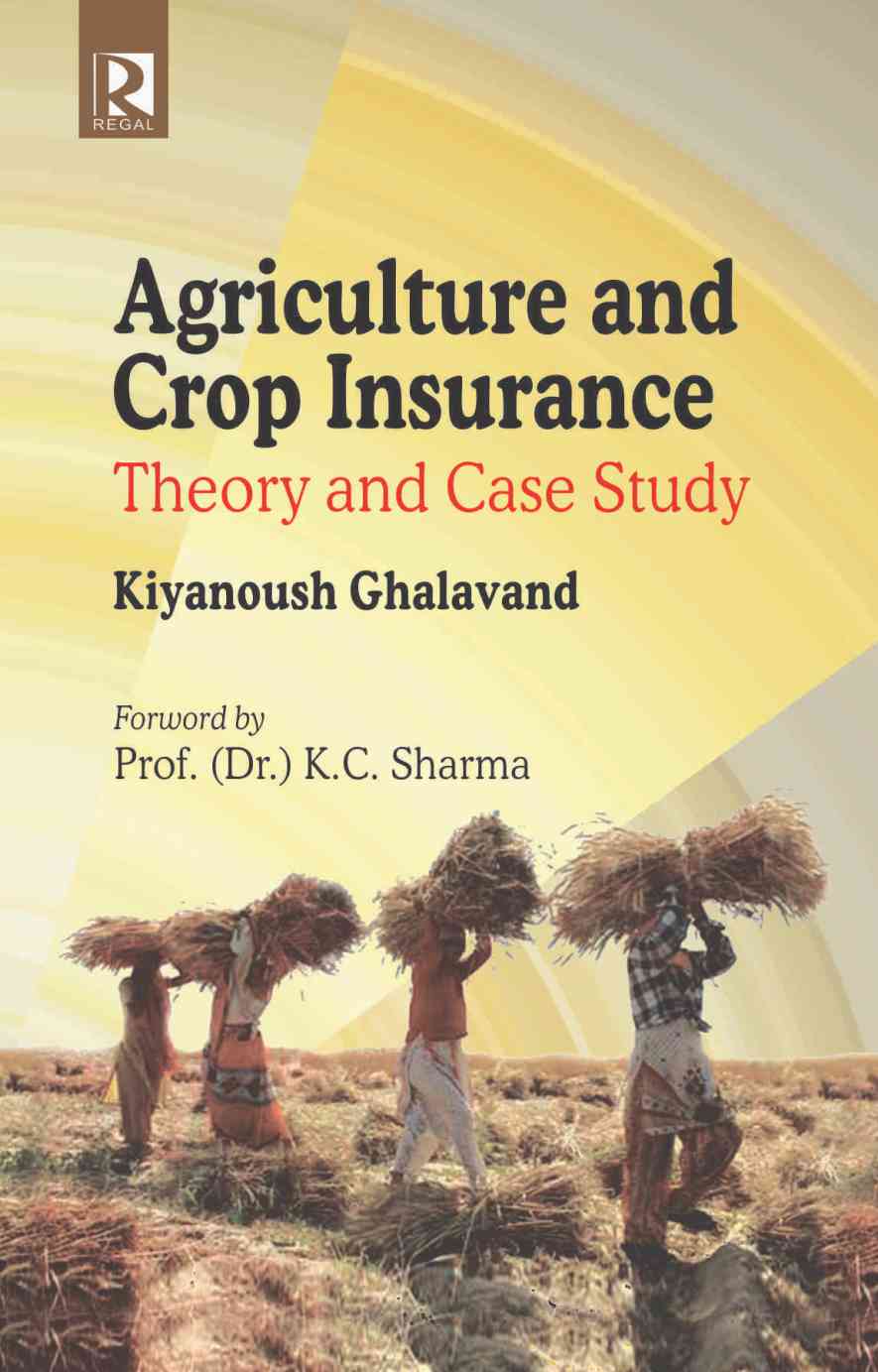
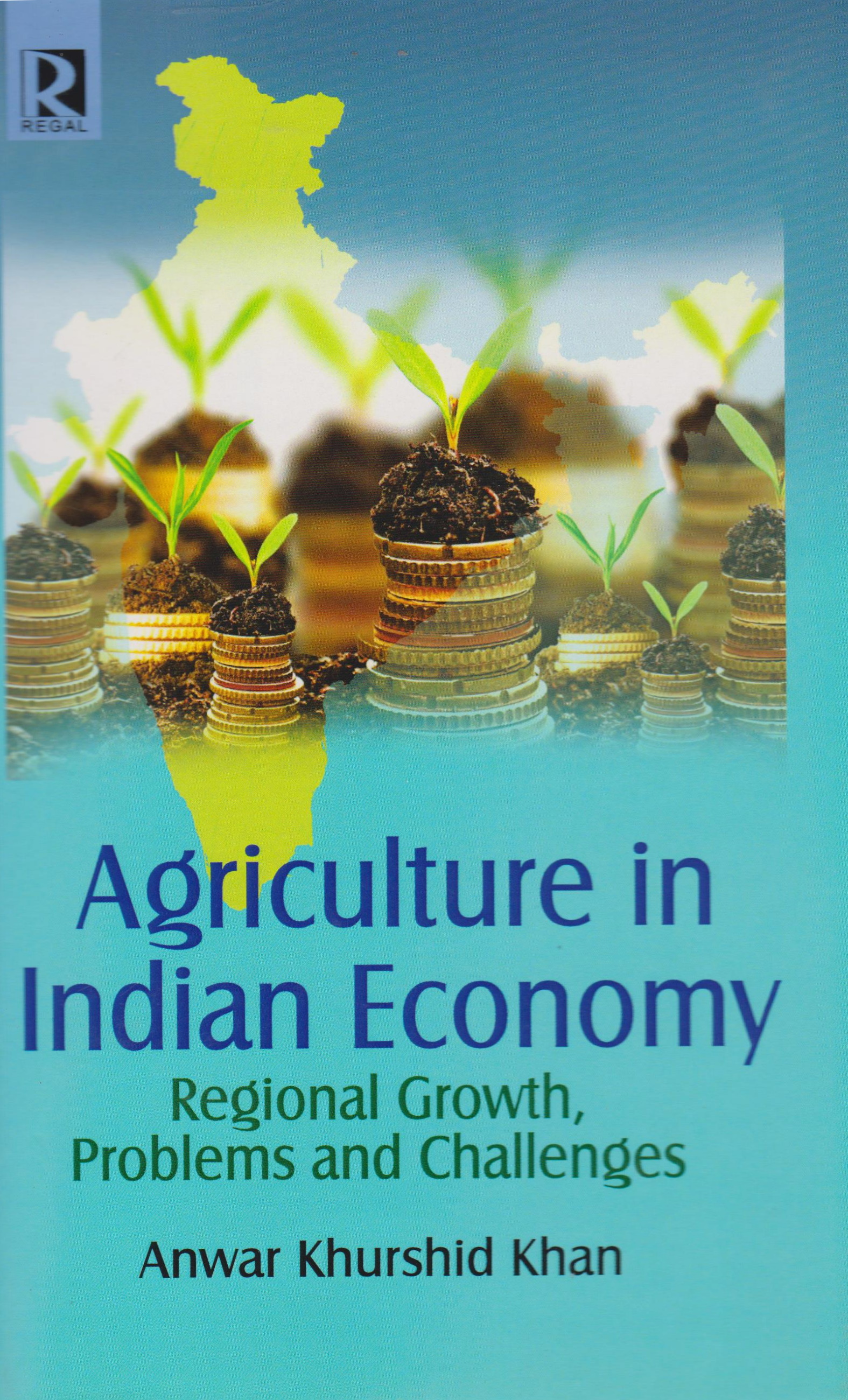
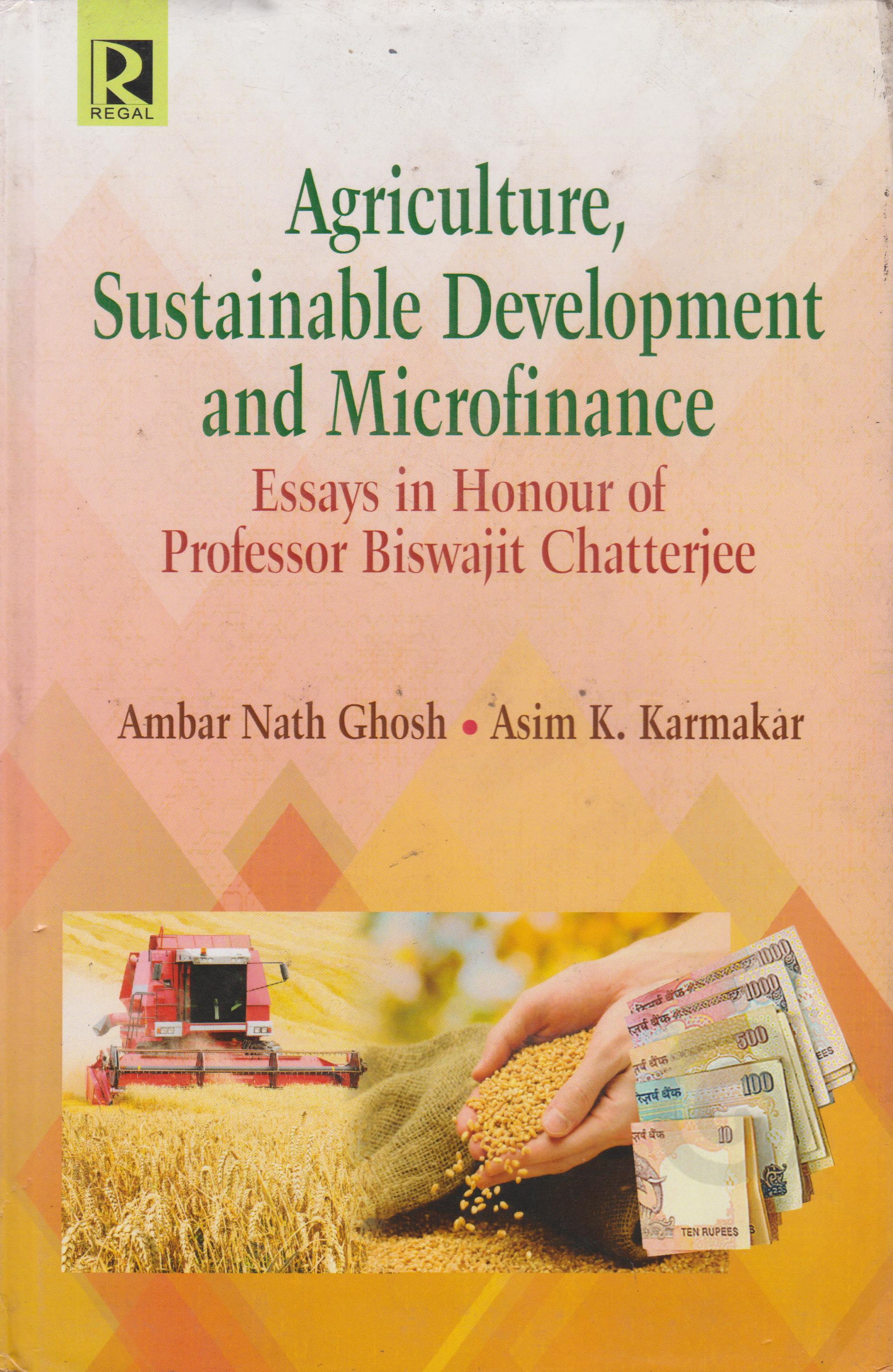
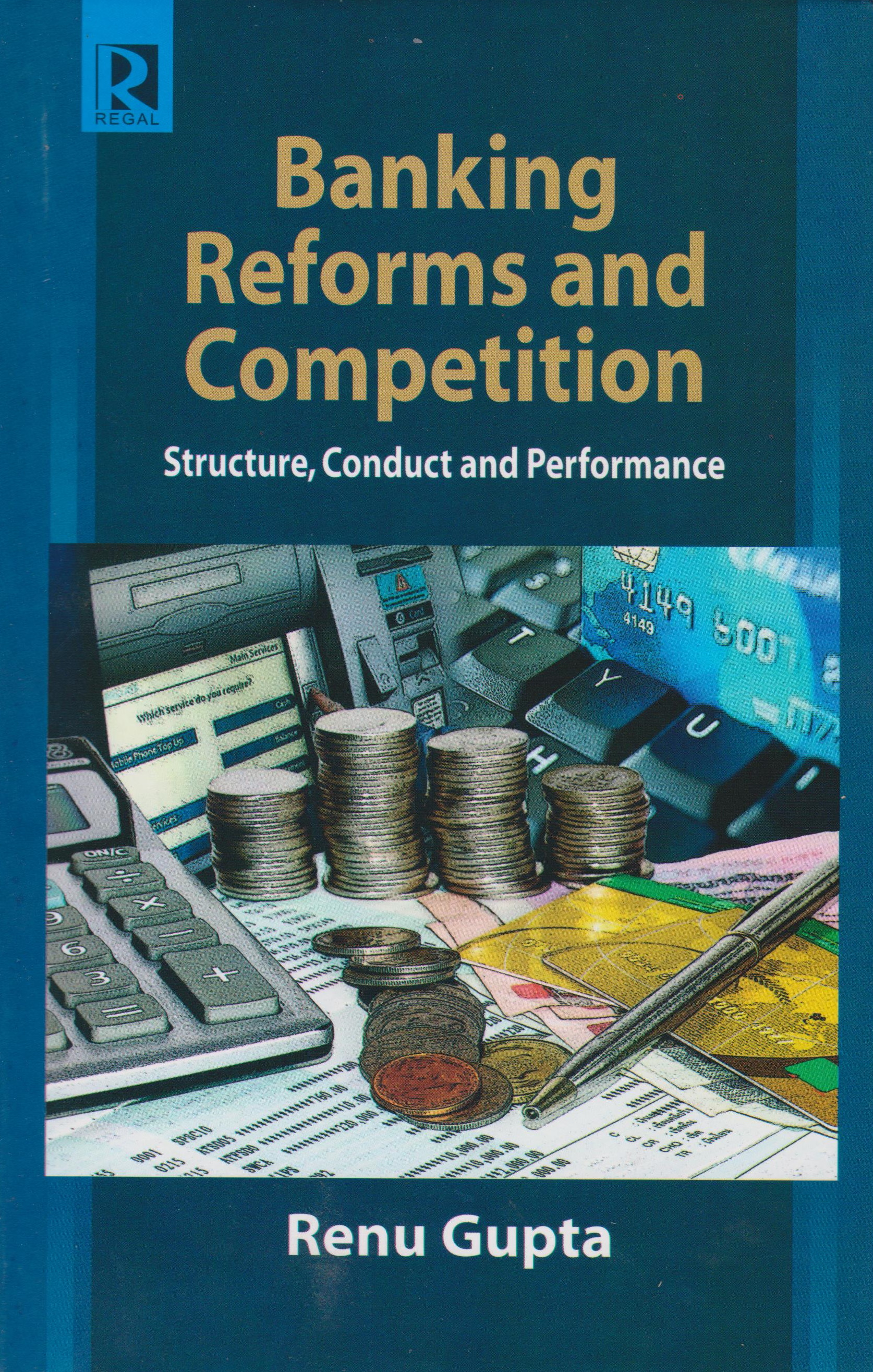
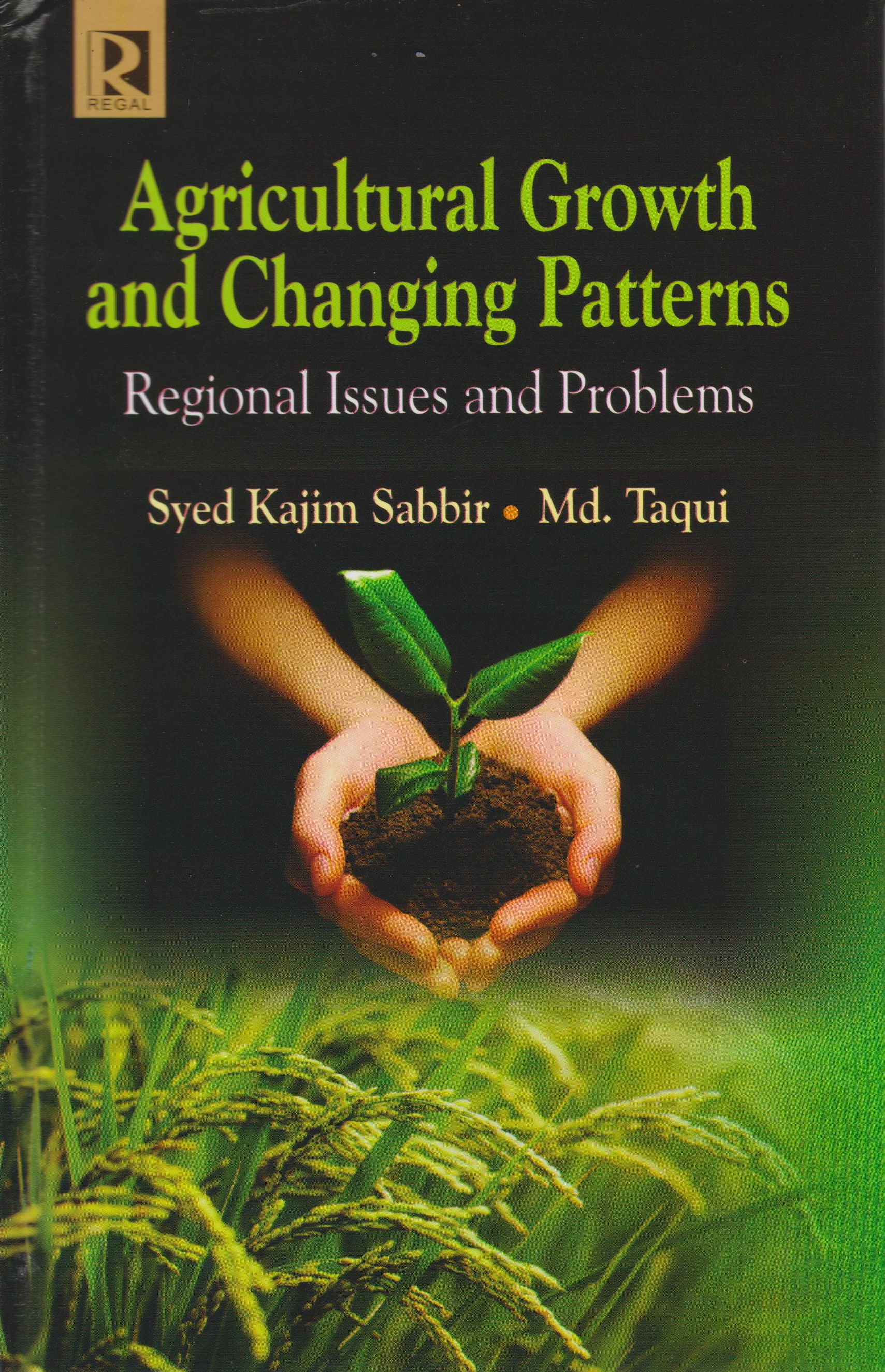
Reviews
There are no reviews yet.